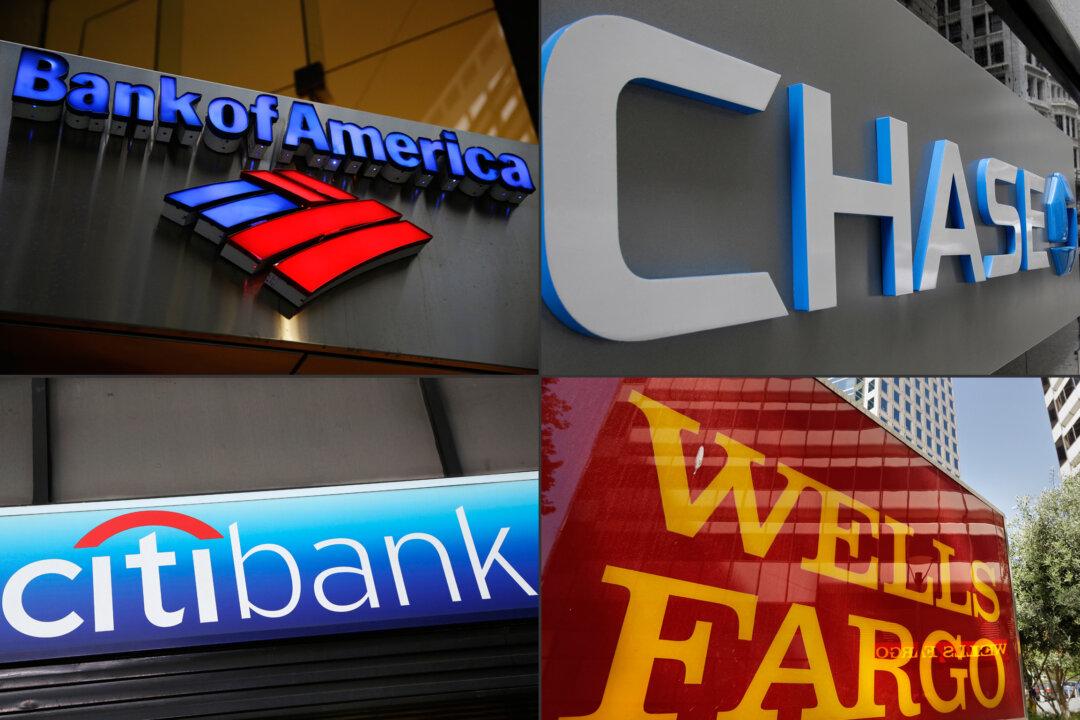In this year’s annual reports to shareholders, America’s largest banks proclaimed their allegiance to climate activism, racial equity, and other progressive causes, spending billions in shareholders’ money to support this agenda.
Similar in vein to BlackRock CEO Larry Fink’s annual letter, which often pushed other CEOs to get in line with initiatives like renewable energy, JPMorgan CEO Jamie Dimon’s most recent letter to shareholders declared: “The window for action to avert the costliest impacts of global climate change is closing.” Dimon called for governments, corporations, and nongovernmental organizations to unite behind a “massive global investment in clean energy technologies.”





